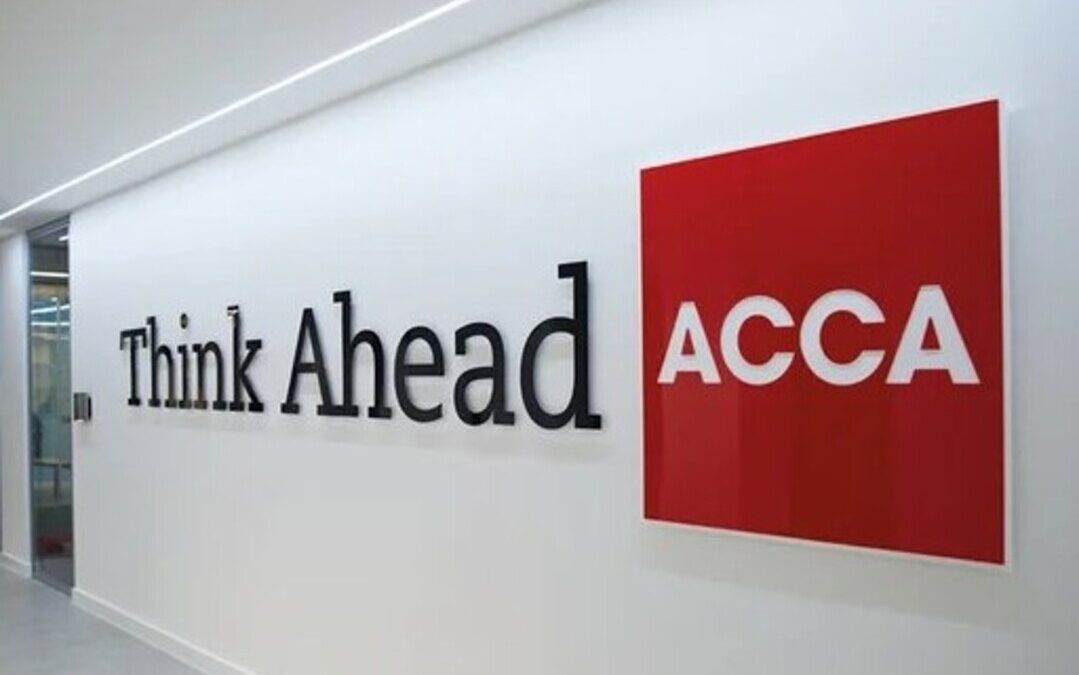ACCA Calls on EU to Reform Green Finance Rules Amid Compliance Concerns
Global accountancy body ACCA urges EU to ease sustainable finance rules to boost investment and cut compliance burden on firms.
The European Union’s sustainable finance disclosure rules are hampering businesses’ sustainability practices and risk undermining the bloc’s green transition goals, a global accountancy body warned on Monday.
In response to the European Commission’s review of the Sustainable Finance Disclosure Regulation, the Association of Chartered Certified Accountants urged policymakers to simplify the rules, reduce the reporting burden and introduce more flexibility to ensure effective implementation.
Push for Reform
ACCA said that while it supports the core objectives of SFDR — enhancing transparency, promoting ESG integration, and ensuring accountability among asset managers — the current structure of the regulation is “too granular and complex.”
“At present, the SFDR requirements are too granular and complex. These constraints will prevent the SFDR’s aims and EC’s objectives being fully achieved,” said Vikas Aggarwal, ACCA’s regional head of public affairs for Europe, Eurasia, Middle East and Africa.
The accountancy body emphasized that an overly rigid approach risks discouraging investment in sustainable assets, particularly among smaller firms and investors with limited resources.
Key Concerns
Among the major challenges cited by ACCA are the excessive data demands placed on asset managers, uneven regulatory enforcement and an imbalance in how ESG elements are addressed — particularly the underdeveloped guidance on social factors.
It also highlighted a lack of clarity around the “do no significant harm” principle, which it says could lead to short-term financial performance being prioritized over long-term societal impact.
In particular, ACCA called for:
- Streamlined data requirements to ease pressure on asset managers’ budgets
- Stronger enforcement mechanisms to ensure compliance
- Provisions to enable smaller firms to participate in sustainable finance
- Clearer guidance on integrating social impact in investment strategies
- Clarification of non-financial performance expectations under the “do no significant harm” clause
Global Implications
ACCA urged the Commission to use the SFDR revision process to influence global sustainability standards, noting the EU’s position as a first mover in this regulatory space.
“EC was a first mover in establishing SFDR to combat greenwashing and is now looking to address undue burdens by simplifying and streamlining the requirements,” said Joe Fitzsimons, ACCA’s regional lead for policy and insights in EEMA and the UK. “We encourage the EC to use this first mover advantage and revisions process as an opportunity to influence wider global regulations.”
The Commission is currently reviewing the SFDR as part of its broader efforts to strengthen Europe’s green finance framework and attract private capital to support its climate goals.
Nirmal Menon
Related posts

Subscribe
Error: Contact form not found.


